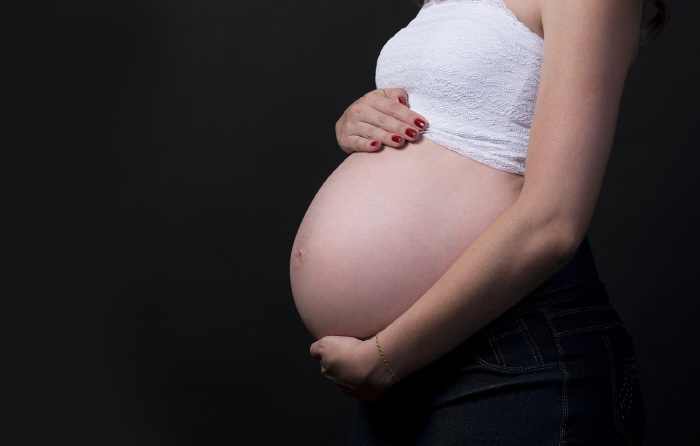You need to freeze eggs before you're 35 to prepare for an aging pregnancy
Apr 30, 2025
|
According to statistics from the Ministry of Health and Welfare, the number of frozen eggs preserved in domestic medical institutions increased by about 2.5 times in three years from 2020 to 2023..
When considering egg freezing, the most important point is timing.
Seol Hyun-joo, director of the Good Culture Hospital Infertility Center, said "The right time for egg freezing is before the age of 35 before ovarian function rapidly deteriorates."
After the age of 35, the risk of chromosomal abnormalities as well as the number of eggs increases, lowering the success rate of pregnancy. Manager Seol said, "Even after the age of 35, you can evaluate your personal ovarian function and try it if you don't mind," he added.
How many eggs to freeze when frozen. This is the most curious thing about the women who ask. Although there are individual differences depending on ovarian function, women in their mid-30s need about 25 to 30 eggs for pregnancy success. However, the number of eggs that can be obtained from a single collection is usually about 10 to 15, so it usually requires about two procedures.
Since eggs are stored in liquid nitrogen at minus 196 degrees Celsius, there is theoretically no limit on the storage period. However, delaying use until after the mid-40s is not recommended in consideration of the deterioration of uterine function and the risk of gynecological diseases.
One of the concerns about frozen eggs is 'Deterioration of Quality'. However, the latest technological advances have largely solved this problem.
Now, the vitrification freezing method is used to quickly freeze eggs at ultra-low temperatures, preventing ice crystals from forming in eggs. Thanks to this, the thawing survival rate of frozen eggs reaches 90%, and there is little difference in pregnancy rates between frozen and fresh eggs.
The role of skilled researchers in the refrigeration process is also very important. High survival and pregnancy success rates can be expected only when accurate freezing rates and conditions are adjusted to minimize egg damage.
Women today enjoy many opportunities, but biological limitations still exist. Frozen eggs are a way to prepare for future uncertainties and can be a wise choice to prepare yourself for important moments in life.
Director Seol Hyun-joo advised "If you are considering freezing eggs, it is important not to hesitate to consult a specialist sufficiently to make a plan that suits you."
|
This article was translated by Naver AI translator.















